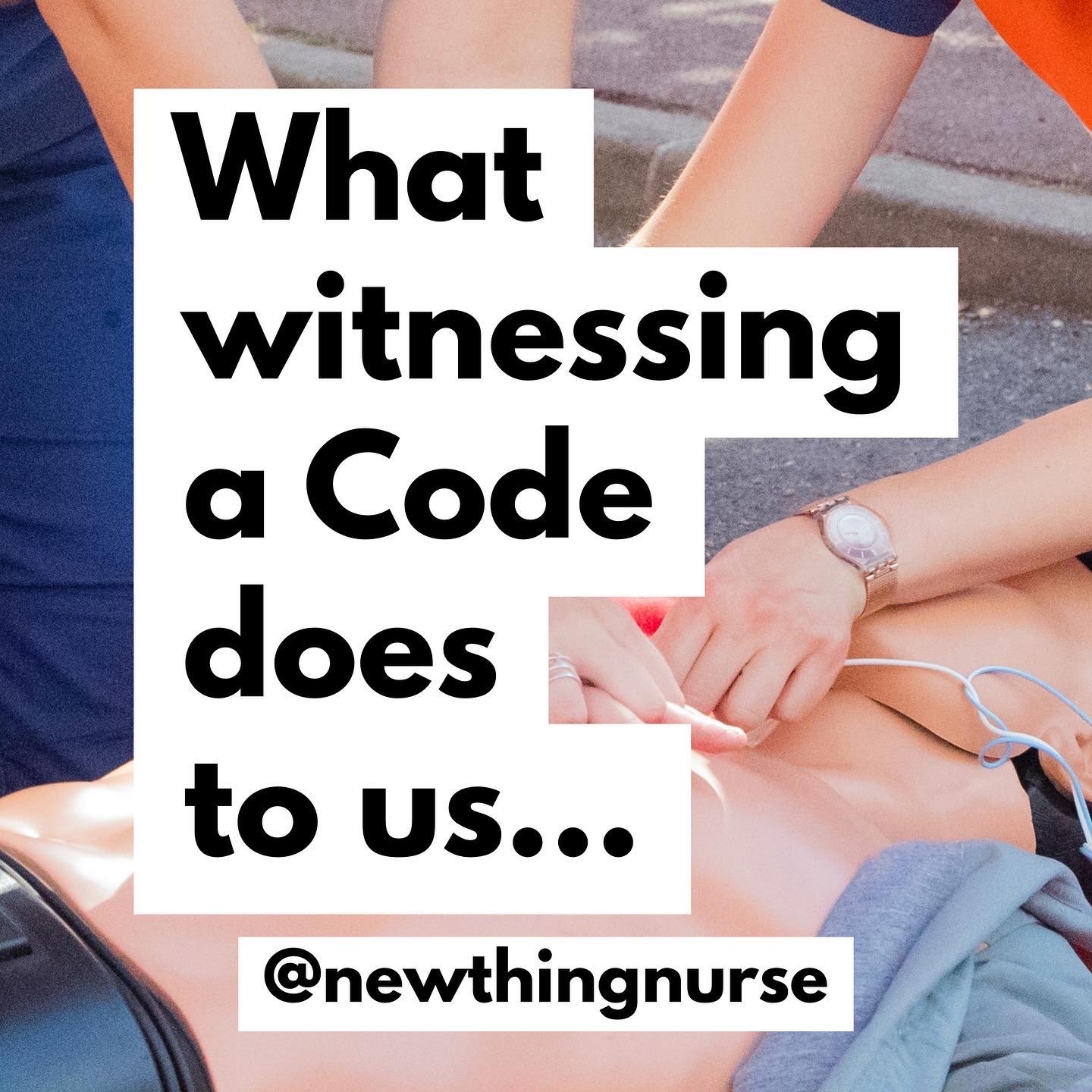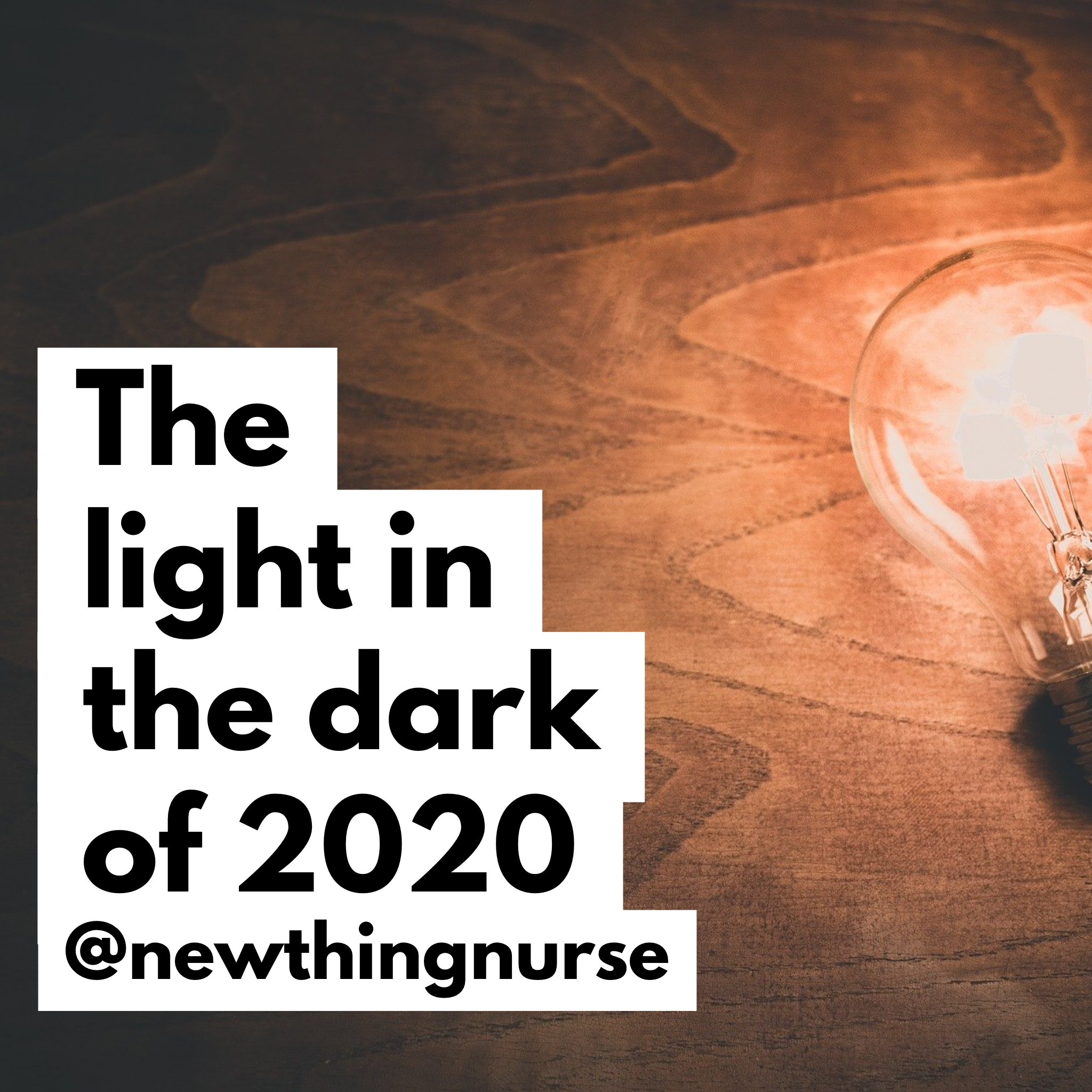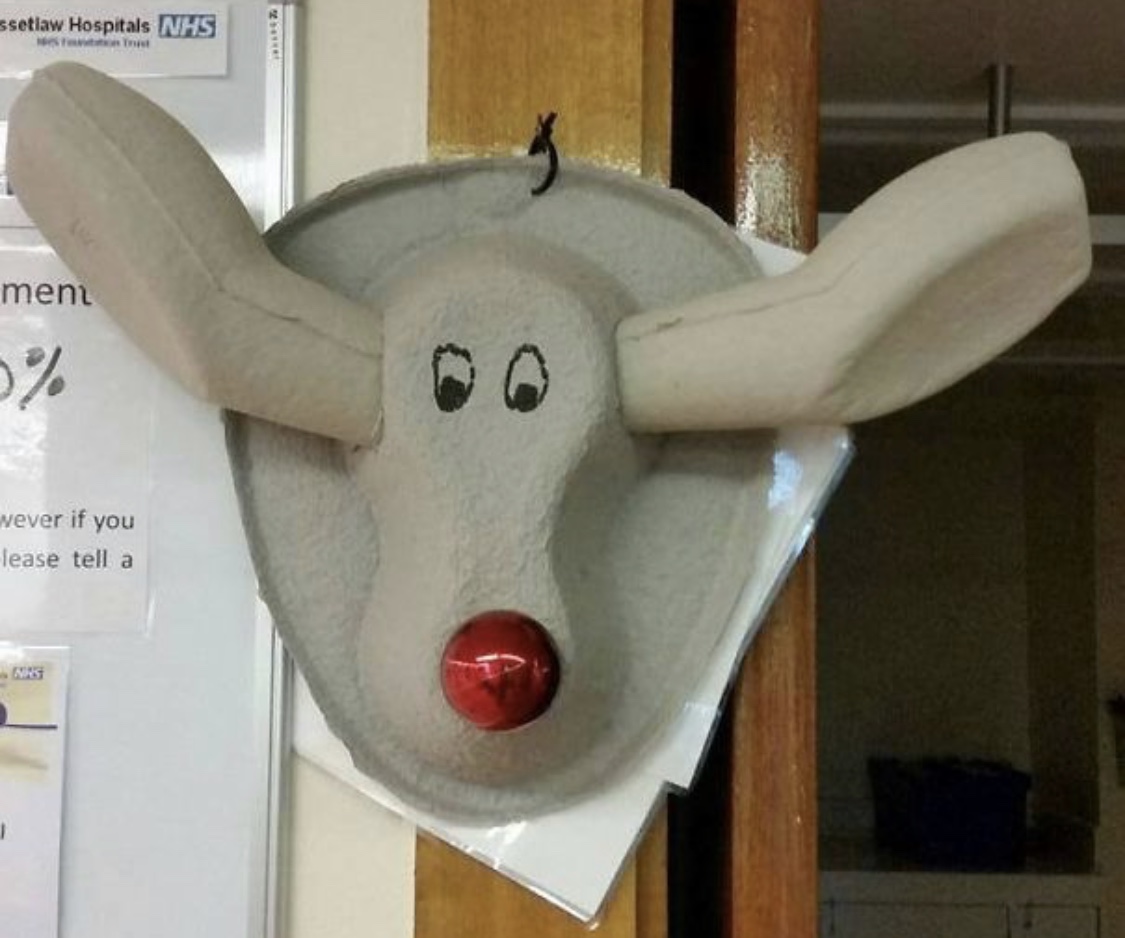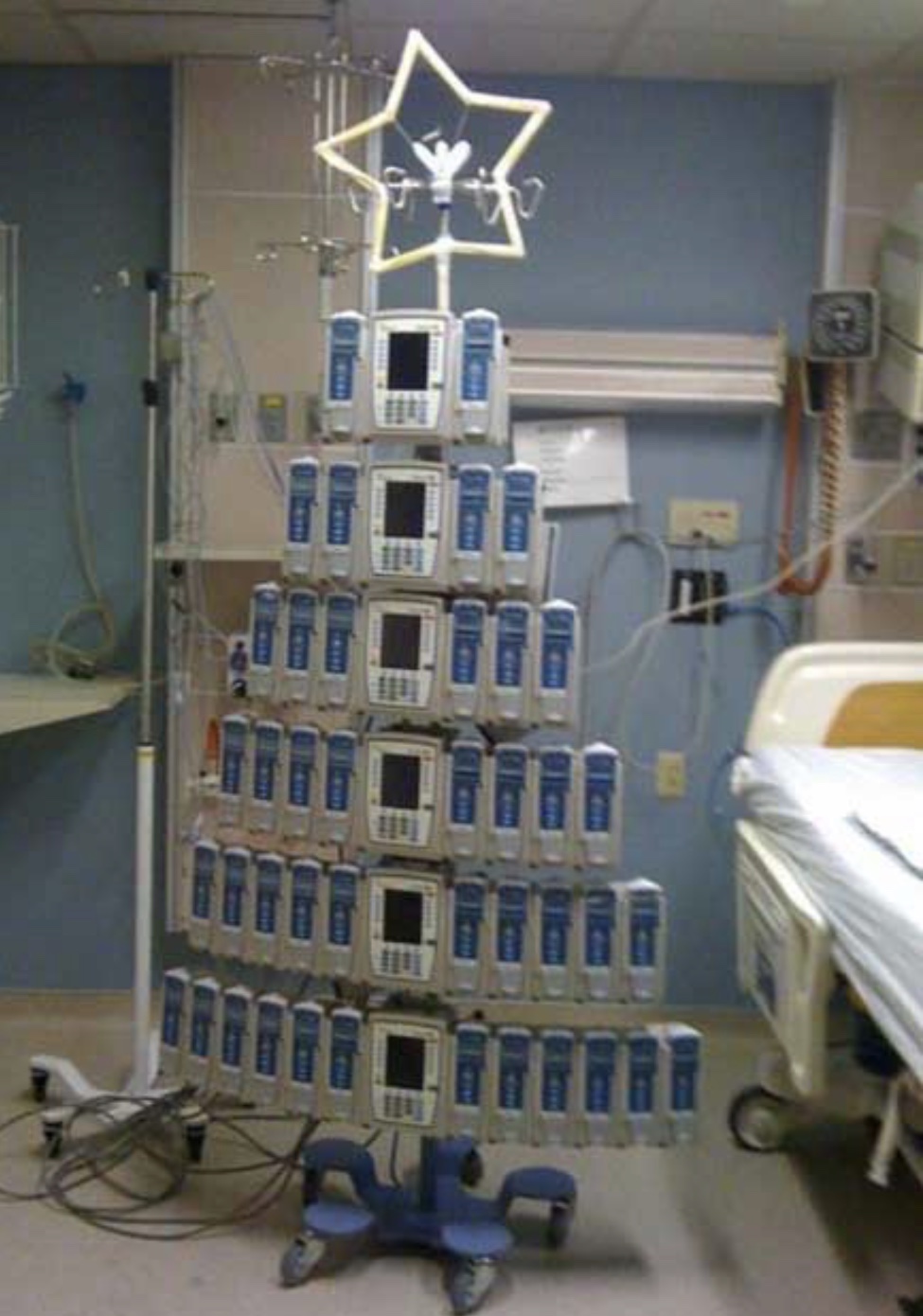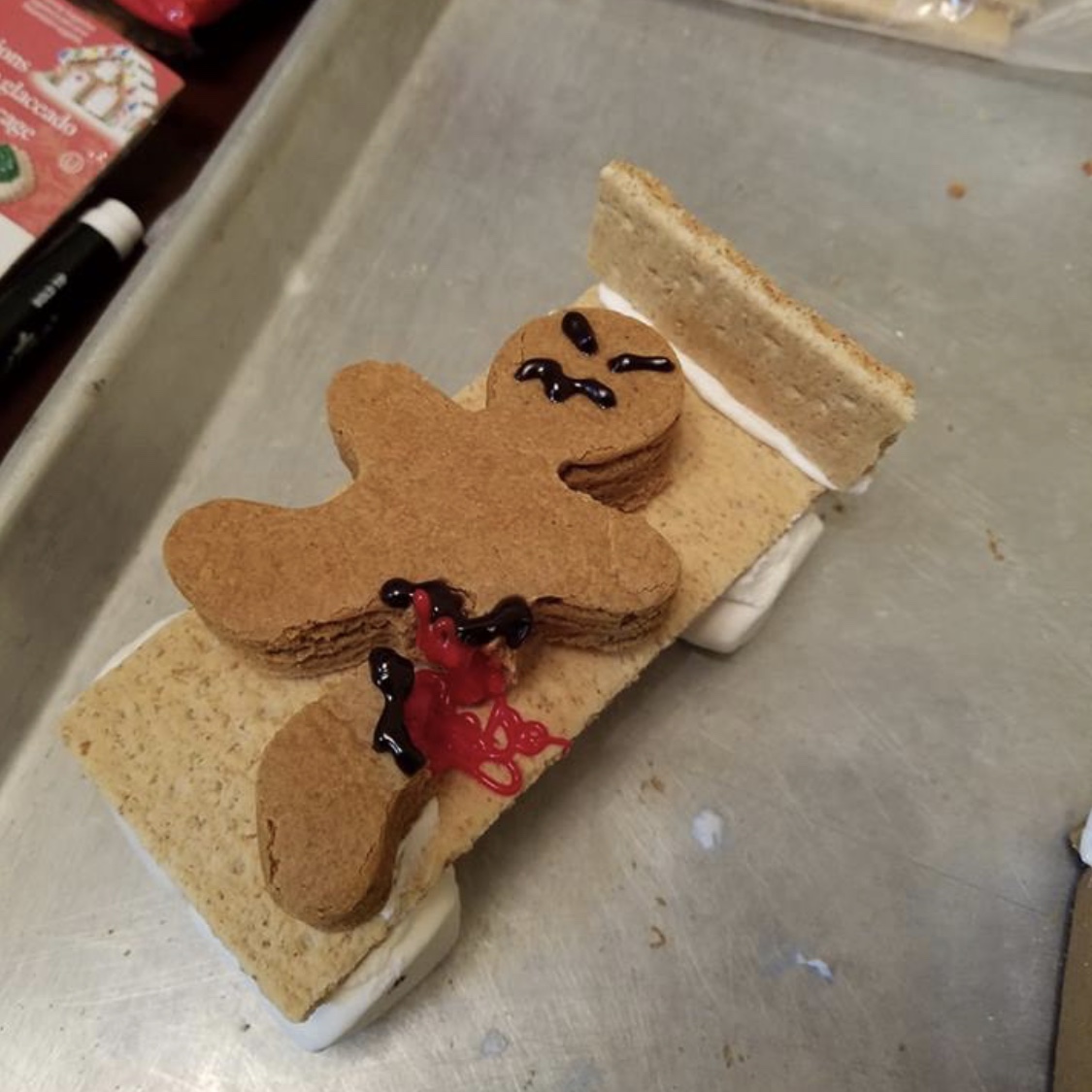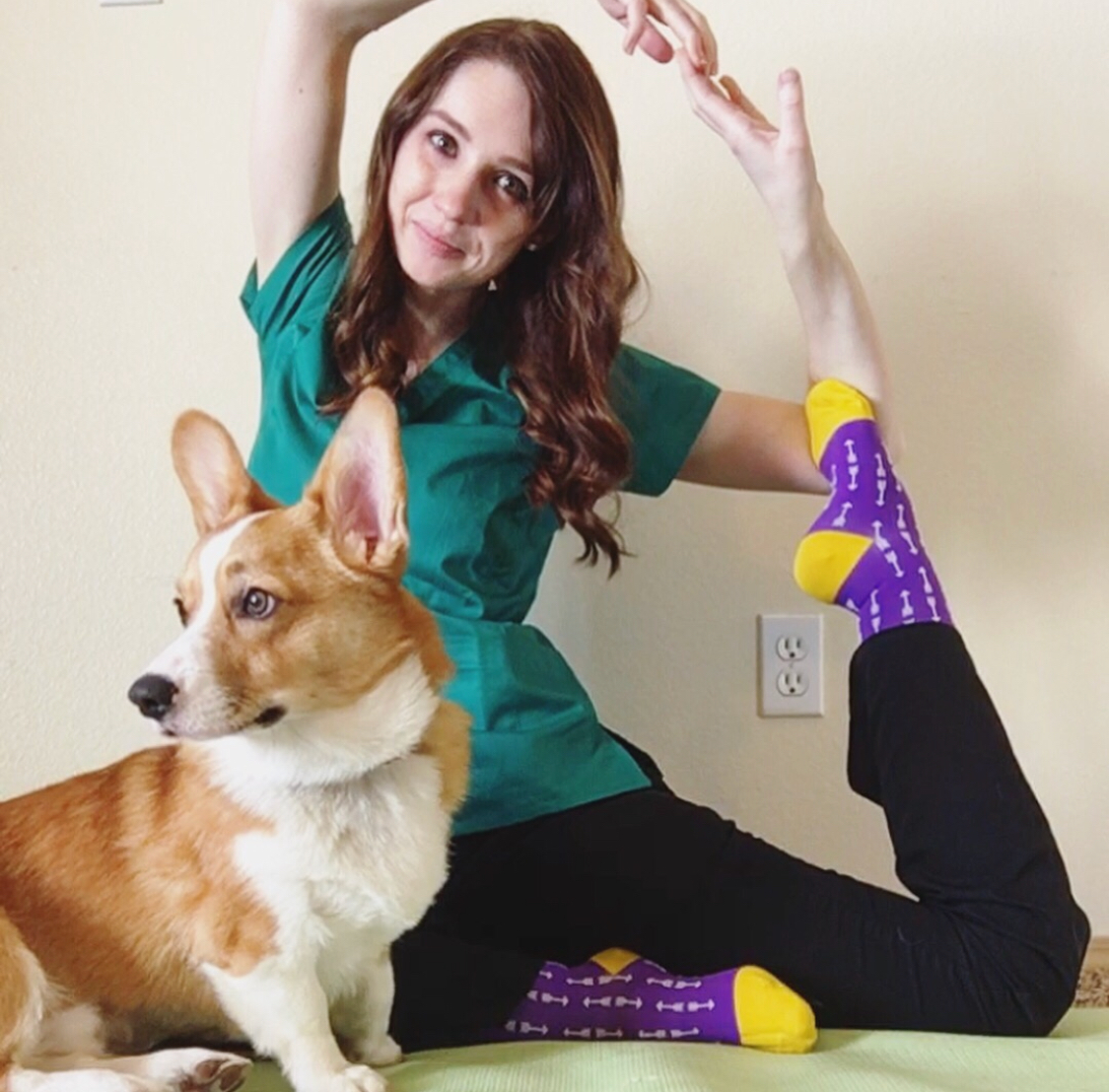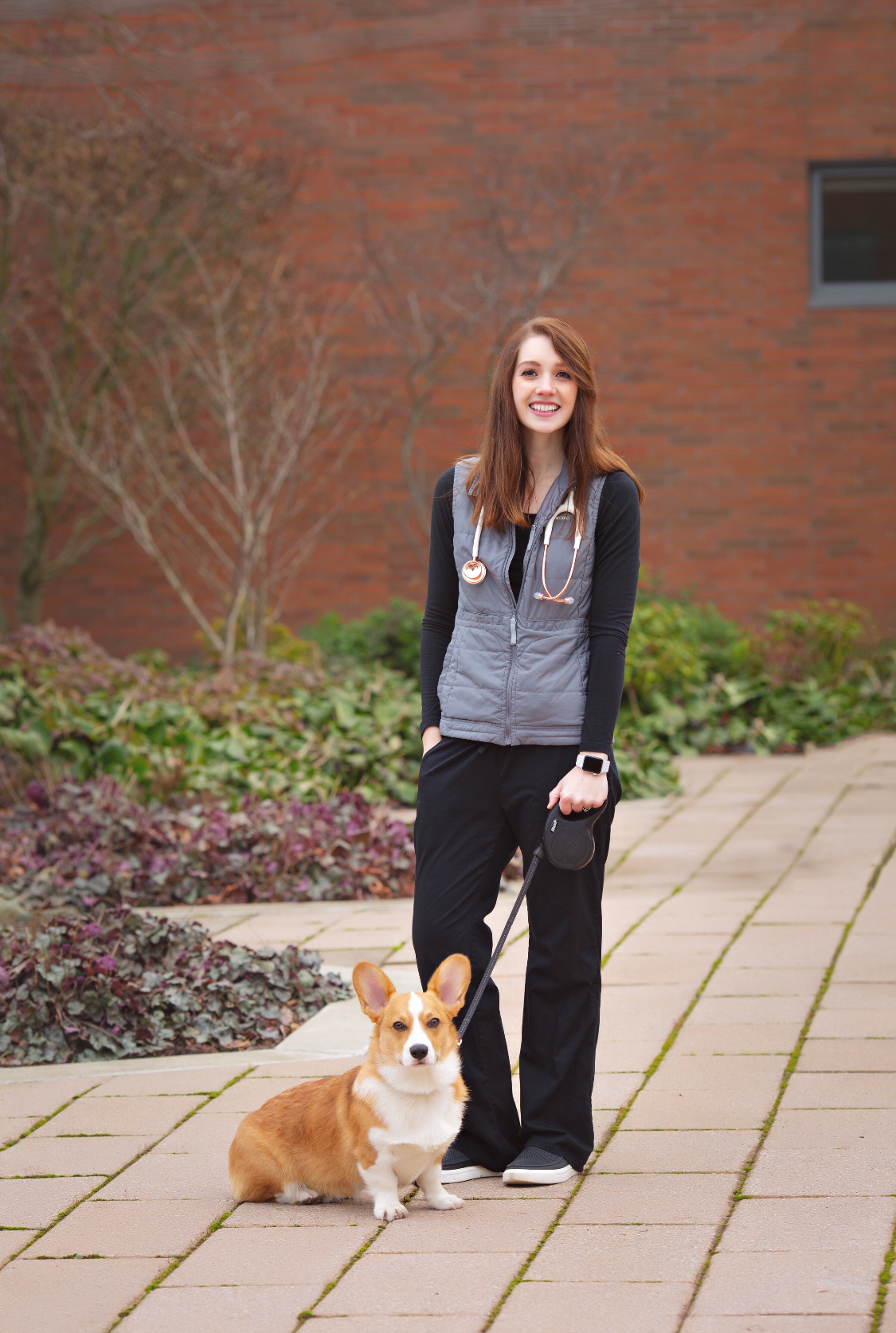Sarah @ New Thing Nurse (NTN): Hello and welcome to the New Thing Nurse Blog! I know and LOVE you from having worked with you in the craziest emergency department in the world, but our readers do not know you yet. Please introduce yourself to our #newthingnursetribe!
Shaina Onnagan (SO): Hi there #newthingnursetribe! I’m Shaina Onnagan, and as Sarah mentioned, I had the absolute honor working with her in by far one of the most insane emergency departments. I’m originally from Hawaii, but I’ve called San Francisco home for over 15 years now. Professionally, I’m a board certified nurse informaticist currently working as a clinical informatics RN. In my free time, I like to run around with my puppy, bake lots of yummy desserts, and, honestly, sleep.
NTN: The New Thing Nurse Blog is all about learning from each other by sharing our professional journeys. How did you fall into nursing? And what area of nursing did you start in?
SO: Funny enough, I started college as an English major. I was sitting in my Intro to British Literature class in a room that was straight out of Harry Potter. It was tiny – it barely held the 12 students and professor– and covered from floor to ceiling with books older than time. I had the sudden realization while listening to the professor talk about the syllabus that I had no idea what I was doing in that class. It didn’t feel right to be there, so I left and started to think about what I really wanted to do. I’ve always liked human physiology; I’ve always been fascinated by how the human body works (um, hello endocrine system??). I was also lucky enough to be attending a university that had a stellar Nursing program, so I almost immediately decided to change majors into something that felt more natural for me: Nursing.
I’ll save you the story (and it is quite the story) of getting into Nursing school. I graduated in 2010 with my BSN, and I was lucky enough to be accepted into a new grad program in the emergency department at a hospital in San Francisco. Although I still work at the same hospital, I now work in a different role as a clinical informatics RN.
NTN: You currently work in an area of nursing that I feel I often hear about but still know so little about. Can you tell us all about nursing informatics?
SO: And that’s completely ok! I hear that all the time – not many people know about nursing informatics. It’s only been recognized as an official nursing specialty since the 1990s! And to add to that, there are so many TYPES of informatics – medical informatics, nursing informatics, biomedical informatics, clinical informatics, etc. Each specialty has its own focus, and not surprisingly, nursing informatics focuses on nursing.
This is directly from our Nursing Informatics: Scope and Standards or Practice (2015):
“Nursing informatics (NI) is the specialty that integrates nursing science with multiple information management and analytical sciences to identify, define, manage, and communicate data, information, knowledge, and wisdom in nursing practice. “
That definition sounds nice and great and professional, but the quick 15 second elevator pitch I normally use to explain what I do is imagine if you take nursing, information technology, education, project management, and sprinkle in the theory and background of different analytical sciences and combine them all together – you get me, a nursing informaticist.
NTN: What drew you away from the bedside and into a new nursing role?
SO: I think Sarah can attest to this – but that super crazy emergency department we both worked in? It took a toll on me, physically, mentally, and emotionally. I have always been a firm believer in the importance of self-care for nurses, and I did as much self-care as I could. I did the things I loved outside of work. I spent a lot of time with my loved ones. I set my boundaries. I left work at work – or at least I tried. But I learned that I was not the kind of person who could grow skin thick enough to block out the constant physical threat and emotional abuse that came with being an ED nurse.
During one particular shift, I realized that I wasn’t providing the kind of patient care I expected of myself. On top of that, I recognized that I had signs of compassion fatigue. My health was suffering too – I started having migraines, GERD, and physical pain in places I never injured. My body was telling me something that my mind didn’t want to grasp: I was burnt out. I didn’t want to admit it since I was basically a “baby nurse” with only a few years under my belt, but I knew I needed to go.
I took a step back and started asking myself a lot of questions about where I was, what I was doing, and where I wanted to go in my career. There was a moment where I even questioned whether I should still be a nurse at all. I did a lot of soul searching and spent time talking to my mentor because I knew I wasn’t ready to leave the profession, but I knew I needed to do something different.
That’s when the opportunity for a clinical informatics RN role appeared, almost as if as magic, and I took it. I had no idea what “clinical informatics” was at the time, but it sounded like something I could be interested in. I’ve always gravitated towards computers and technology in general, so a role where I could use my nursing experience and knowledge and work with computers? I’m in!
NTN: How did your nurse friends feel about you leaving them for an office? What challenges did you face in your transition to your "new thing"? And how do you feel now that you have been working in it for quite a while?
SO: A lot of people – co-workers, friends, family – didn’t understand the move. Most thought it was temporary, and to be honest, I thought it was going to be temporary too. Then, something amazing happened. I started my new job and things just started clicking for me. I felt like this was where I was supposed to be all along.
Towards the beginning of my new role, I harbored a lot of doubt in my heart because I had a lot of people asking me when I was going back to the bedside. Someone I knew even once made a joke that I wasn’t a “real nurse” anymore since I didn’t directly take care of patients, and that comment hurt, if I’m being honest.
Because no, what I do now may not affect patients directly. I can’t optimize a part of the electronic health record (EHR) and suddenly see a patient’s disease symptoms improve. But what I do does affect the nurses and all clinicians who take direct care of the patient. In a way, I am an advocate for our nursing staff to help develop health information systems that assist them with providing the best possible care they can. It’s a vital role and one I take lots of pride in.
NTN: Do you have any tips for anyone out there who might be considering jumping into a "new thing" of their own, especially for any of our nurse readers who might be looking for something away from the bedside?
SO: You will know when you’re ready to leave the bedside. Listen to your instincts. It’s a scary leap, but I can say with complete certainty, it’s one that I don’t regret.
Also, remember that nursing is such a unique profession because there are SO MANY nursing specialties. You can be a Medical/Surgical nurse for 5 years and then go into Pediatric nursing. You can start off as a PACU nurse and move into a nursing administrator role. So if you move away from the bedside and into a nurse educator role or nurse informaticist role, know that you can move back. That’s the beauty of nursing.
NTN: The focus of New Thing Nurse is supporting nurses as they find their "new thing." I know that you recently became a Corgi mommy! How has it been bringing a puppy into your nurse life?
SO: She is a bundle of joy and then some! I think my favorite thing about having a corgi puppy or just a puppy in general, is that no matter how hard your work day was, you can go home to a wiggling little ball of fur who wants nothing more than you love and attention… and maybe some treats.
NTN: Do you have any "new things' on the horizon? New Thing Nurse wants to know!
SO: I do! I’m just a semester away from graduation for my Master’s in Health Informatics. Working full time and going to school full time has been quite the challenge, so I’m glad I’m almost done with that.
NTN: Do you have any other advice for our readers?
SO: Self-care. Self-care. Self-care. Self-care! Remember that you cannot take care of your patients if you don’t take care of yourself first. Don’t be afraid to branch out and try new things, like a new nursing specialty. You never know – you just might find that one role you didn’t even know you wanted.
